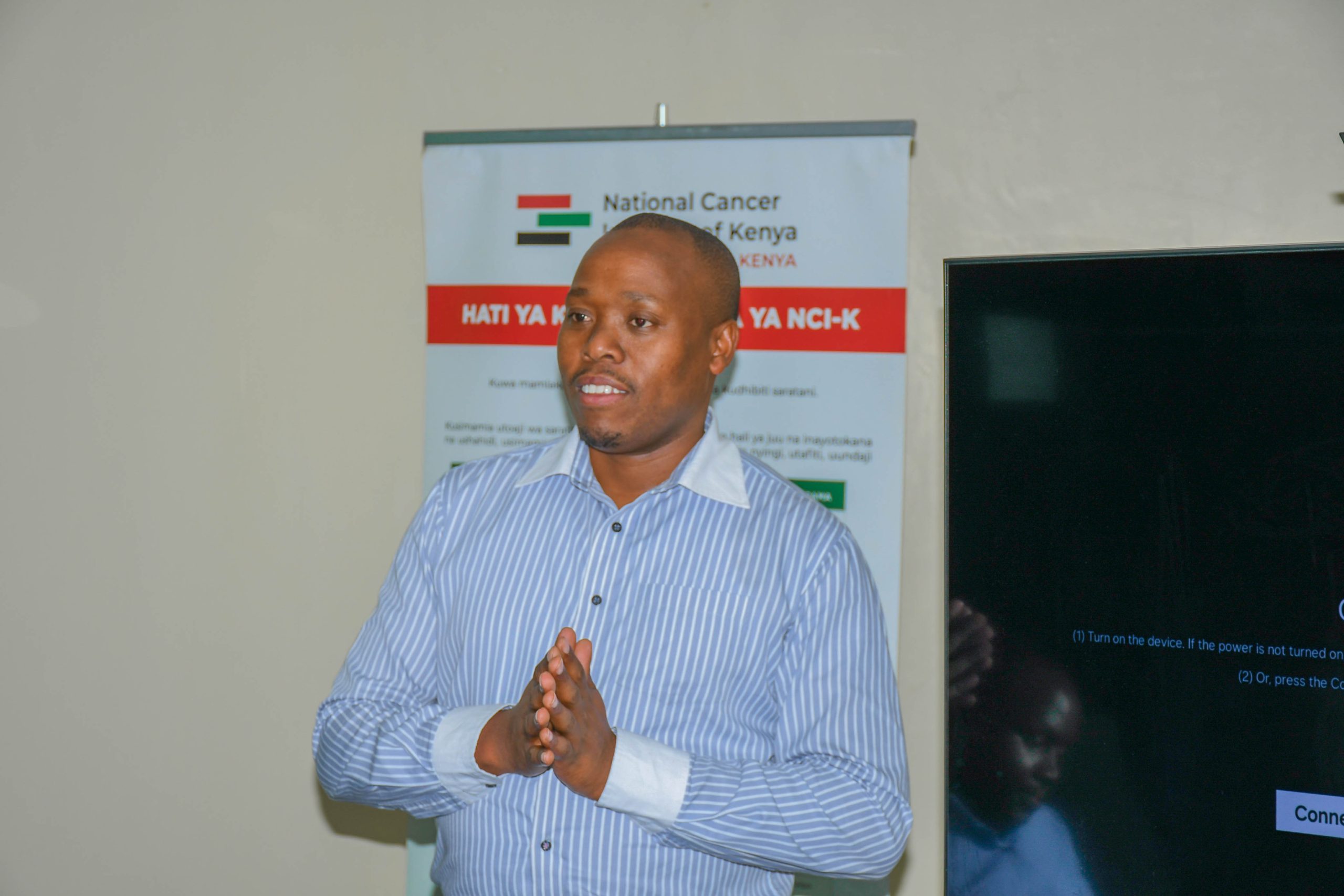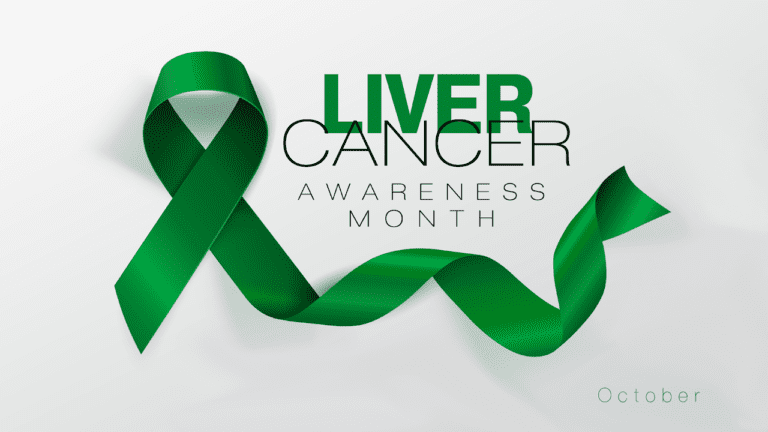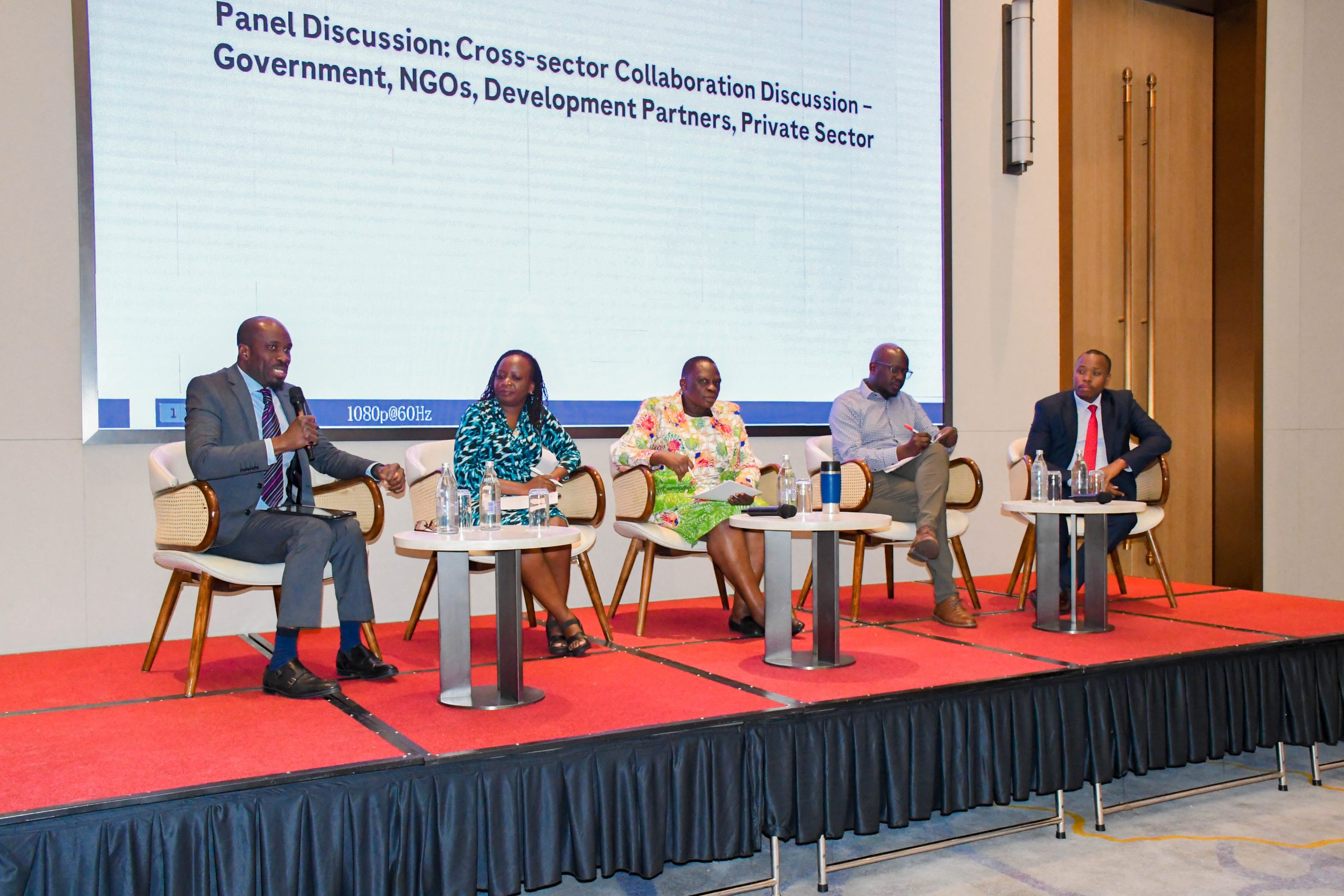November is Pancreatic Cancer Awareness Month, a time to shine a spotlight on one of the most challenging cancers that is often called the “silent killer” because it rarely shows symptoms in its early stages.
For many Kenyans, the first sign is subtle: a persistent stomach ache, unexplained weight loss, or yellowing of the eyes. By the time these symptoms appear, the disease may already be advanced.
“Pancreatic cancer can be difficult to detect early, which is why awareness is so important,” says Dr. Elias Melly, CEO of NCI-K. “Recognizing symptoms and seeking timely medical advice can make a real difference.”

Deep dive into Pancreatic Cancer
The pancreas is a vital organ that aids digestion and regulates blood sugar. When cancer cells in the pancreas grow uncontrollably, they can spread quickly to other parts of the body.
Detection requires a combination of imaging techniques, such as CT, MRI, and PET scans, as well as pathology, in which tissue samples are examined under a microscope to confirm the presence of cancer cells.
Thanks to NCI-K’s coordinated efforts, many counties across Kenya now have access to modern diagnostic tools and trained specialists. This ensures that patients can receive timely testing and care closer to home.
Every Kenyan should feel empowered to discuss their health and seek medical advice without delay. Early detection remains the most effective strategy against pancreatic cancer.
Human Impact
Across Kenya, pancreatic cancer is often diagnosed only after symptoms such as persistent abdominal pain, jaundice, or unexplained weight loss become severe. Many patients seek care late, unaware that early, subtle signs could have prompted timely intervention. “Even mild changes in your health can be a signal to consult a doctor,” says Dr. Elias Melly, CEO of NCI-K. “Raising awareness and encouraging early check-ups is key; early detection saves lives.”
Your next move
- Know the symptoms: abdominal pain, jaundice, unexplained weight loss, digestive difficulties.
- Seek medical advice early: Don’t wait for symptoms to worsen.
- Participate in screenings: Available at local health facilities or through NCI-K initiatives.
- Raise awareness: Talk to your family, friends, and community about pancreatic cancer.
NCI-K’s Commitment
The National Cancer Institute of Kenya is dedicated to ensuring that all Kenyans have access to quality cancer care from awareness and prevention to diagnosis and treatment. During Pancreatic Cancer Awareness Month, NCI-K calls on communities to take proactive steps, join awareness campaigns, and prioritize their health. Early detection and prompt medical care save lives. Together, we can lessen the impact of pancreatic cancer in Kenya,” Dr. Melly concludes


